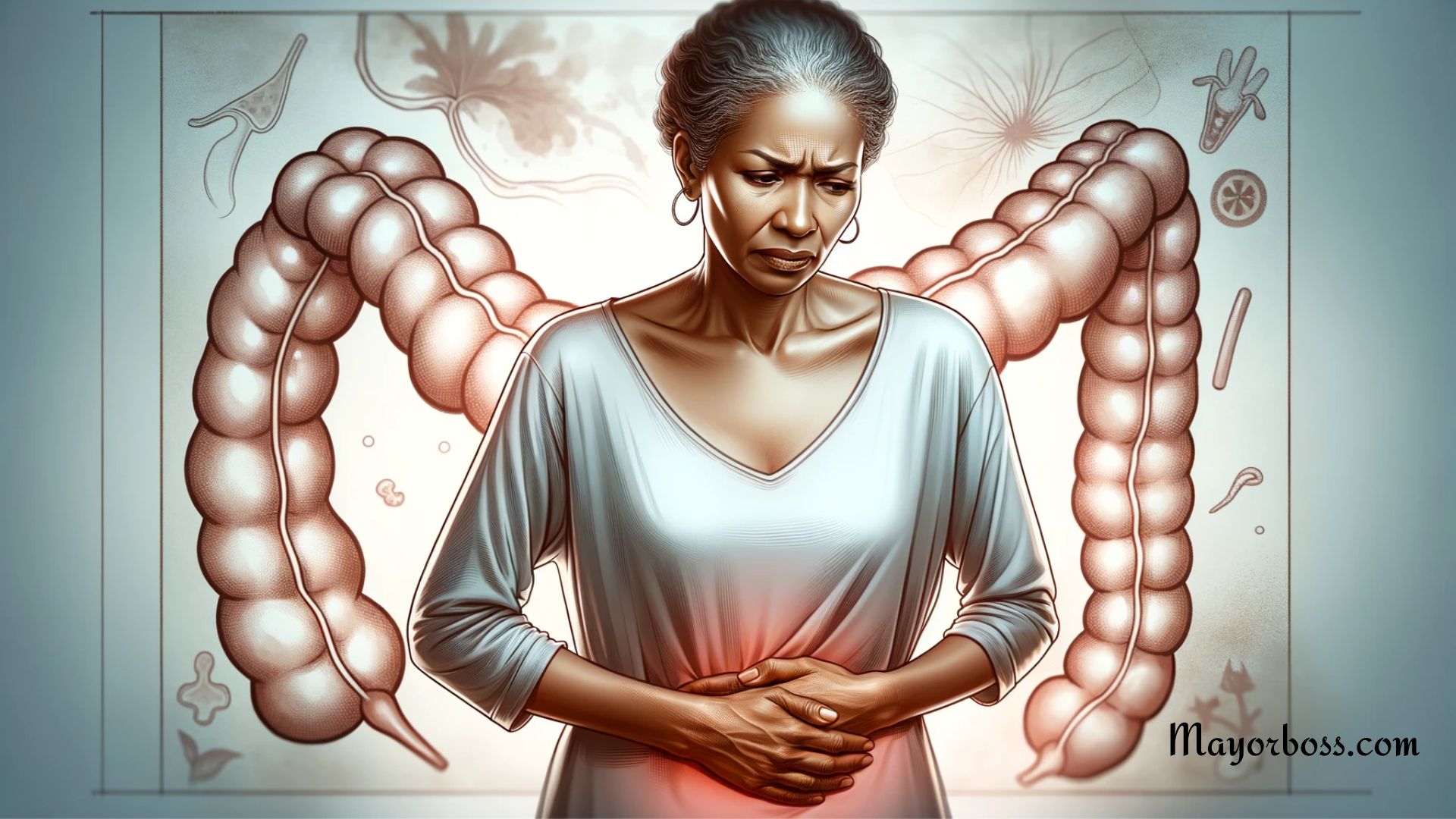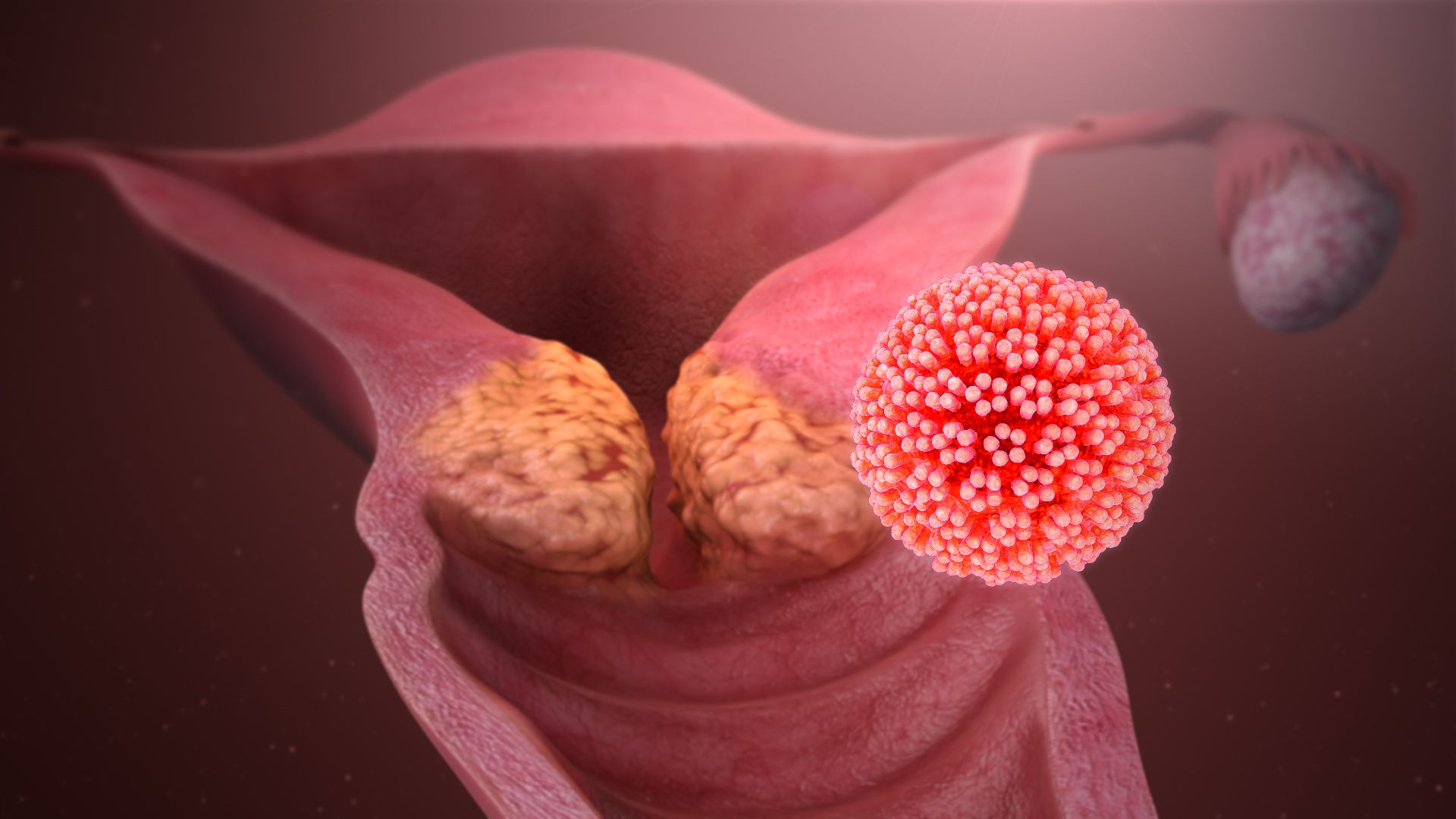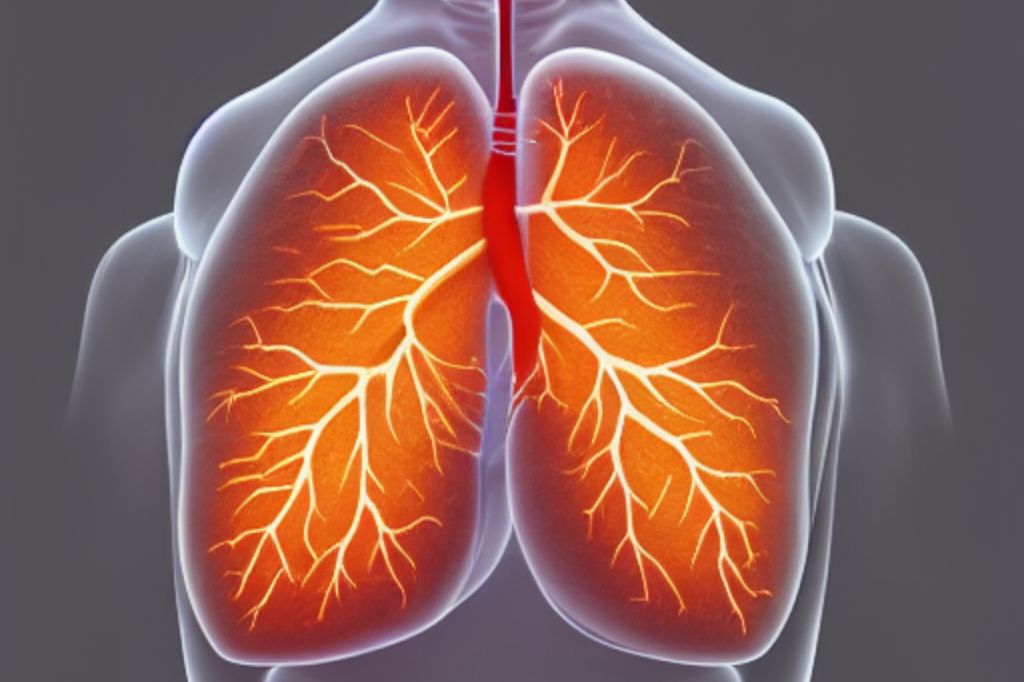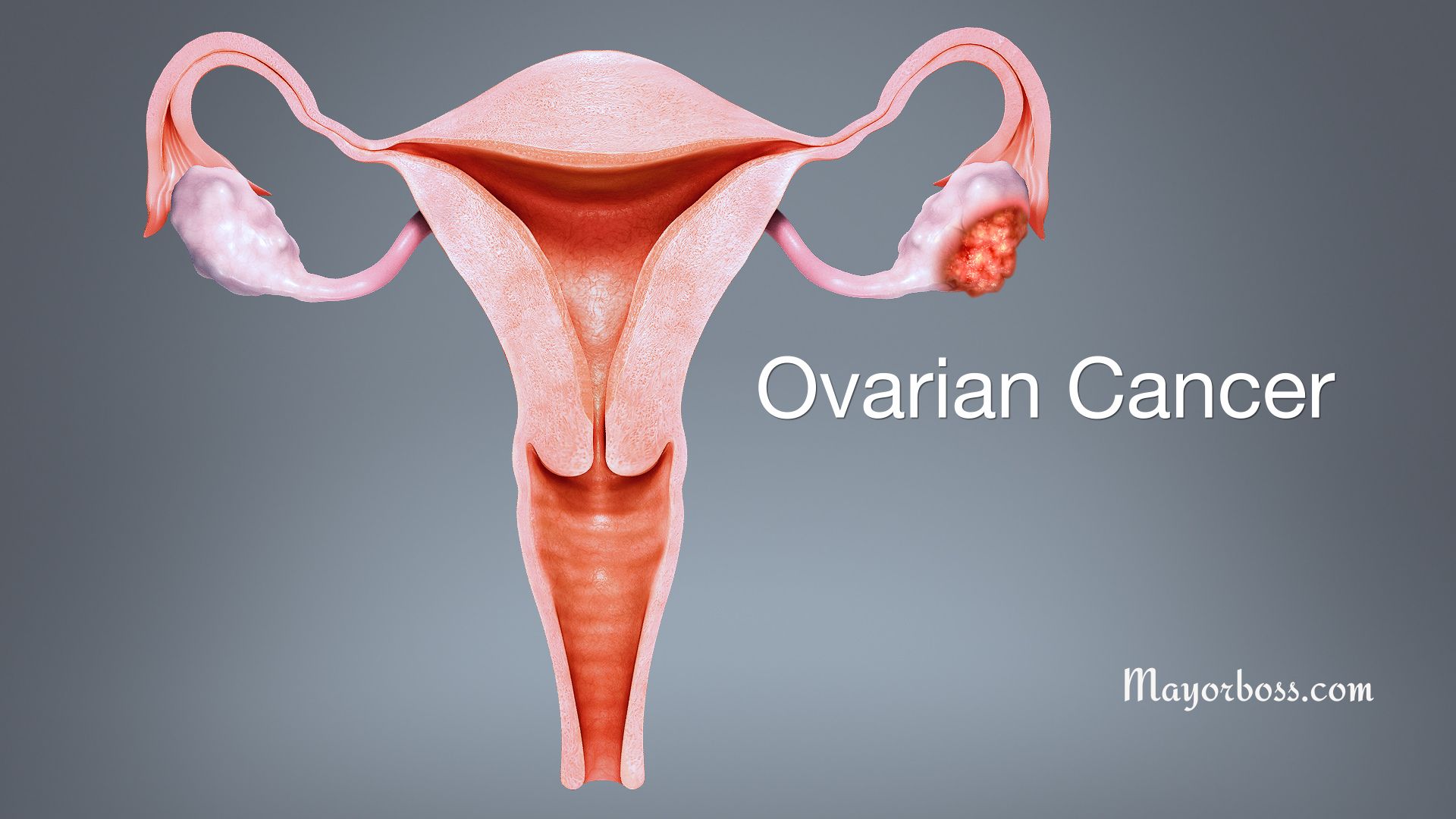6 Early Signs of Colon Cancer
Colon cancer develops when abnormal cells grow in the colon, which is part of the large intestine. It often begins as small, noncancerous clumps of cells called polyps. Over time, these can become cancerous. When identified early, colon cancer can be treated more effectively. Here are six symptoms you should never ignore:

1. Changes in Bowel Habits
Persistent alterations in bowel movements, especially those lasting longer than a few weeks, can indicate a problem. You may notice:
- Diarrhea or Constipation: Frequent bouts of loose stools or ongoing constipation might signal an underlying issue if it diverges from your usual pattern.
- Narrow, Pencil-Thin Stools: If your stools change shape and stay narrower than usual, it could mean there is a mass or growth reducing the space inside the colon.
Although occasional changes in bowel habits can happen due to diet or stress, a lasting change deserves attention. If you see these changes persisting, schedule a medical checkup.
2. Blood in Stool
One of the most common signs of colon cancer is blood in the stool, which can appear in different ways:
- Bright Red Blood: You might see this on toilet paper or notice it in the toilet.
- Dark, Tarry Stools (Melena): Stools that look black or tarry suggest bleeding higher up in the colon.
Not all causes of blood in the stool are due to cancer. Other conditions, particularly hemorrhoids or anal fissures, can also lead to rectal bleeding. Still, any indication of blood warrants medical attention. You should see your doctor to get some answers.
3. Persistent Abdominal Discomfort
Ongoing abdominal pain, cramps, or bloating without a clear reason may be an early red flag. Some people experience:
- Cramping or Sharp Pains: Repeated cramps that do not improve with typical remedies could be significant.
- Bloating or Fullness: A feeling of being bloated or full for prolonged periods can hint at a blockage or an abnormal growth in the colon.
Though many conditions lead to abdominal discomfort, persistent or worsening pain should prompt you to contact a healthcare professional for evaluation.
4. Unexplained Weight Loss
Unintentional weight loss—dropping pounds without trying—can be a warning sign of multiple illnesses, including colon cancer. Cancerous cells sometimes use more energy, and the body may burn more calories than usual. In addition, a tumor in the colon can reduce your appetite or make it harder to digest food. If you have lost five percent or more of your body weight within six months without changing your diet or exercise habits, see your doctor.
5. Constant Fatigue
Feeling very tired most of the time, even when you are getting enough rest, can be a subtle sign of colon cancer. Chronic blood loss in the stool may lead to iron-deficiency anemia. Low iron levels reduce the blood’s oxygen-carrying capacity and result in fatigue or weakness. This fatigue tends to linger, even after a full night’s sleep. If you cannot identify a reason for your exhaustion—like extra stress, lack of sleep, or poor nutrition—seek a medical evaluation.
6. A Persistent Feeling That Your Bowels Are Not Empty
Some people notice a persistent urge to have a bowel movement, even after they have gone to the bathroom. This feeling may arise because a tumor is causing irritation or blocking part of the colon. You might strain on the toilet but still feel that you cannot empty your bowels completely. This ongoing sensation should not be ignored.
When to See a Doctor
If you experience one or more of these early signs for more than a couple of weeks, consider scheduling an appointment with your healthcare provider. They may recommend several diagnostic procedures, such as a colonoscopy or imaging tests, to identify polyps or tumors.
Early diagnosis greatly improves outcomes. Screening is often recommended starting at age 45 for average-risk individuals. However, people with a higher risk—such as those with a family history of colon cancer—may need to start screening earlier. Your doctor will help you determine the right screening schedule based on your medical and family history.






